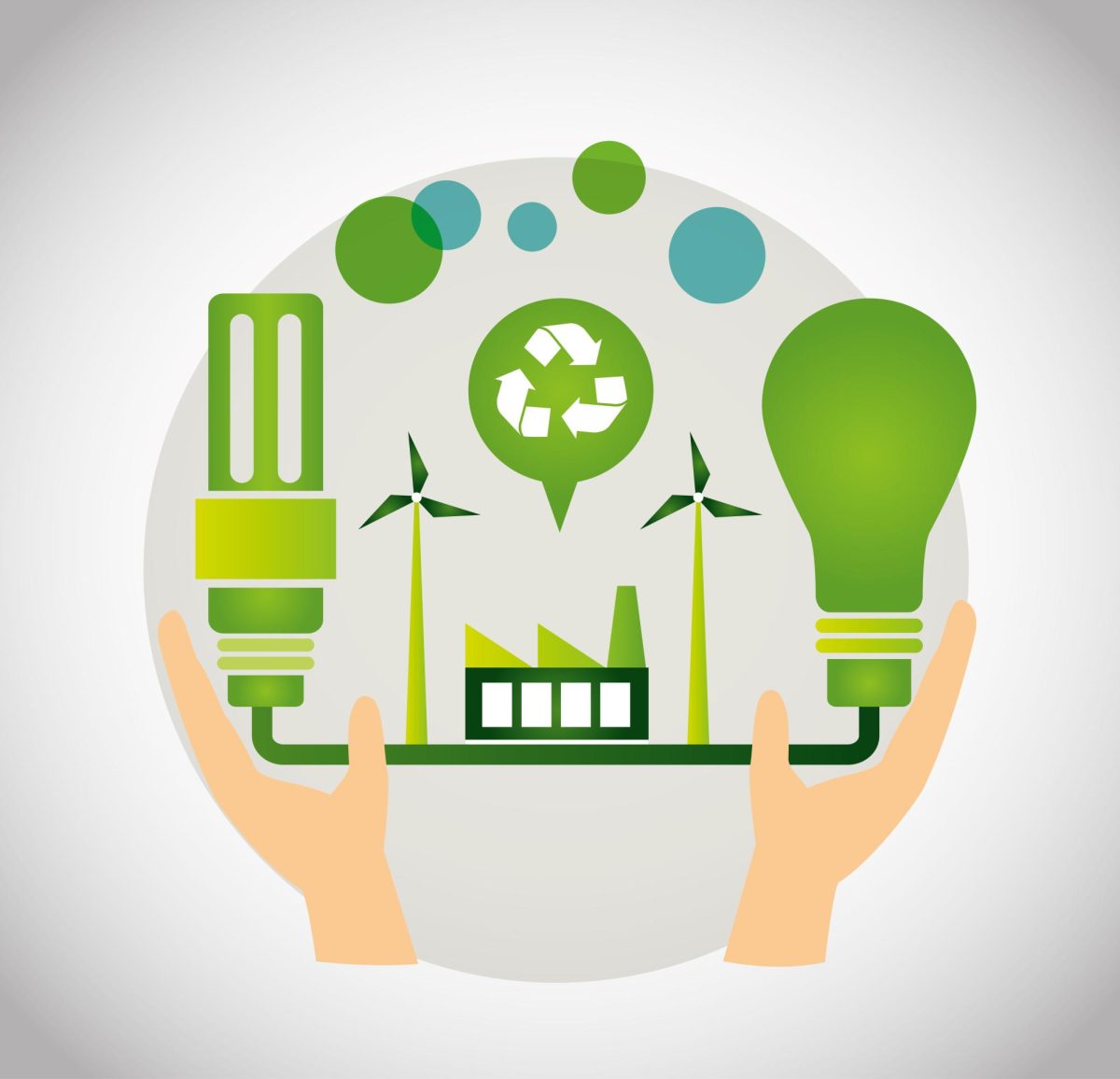The United Nations Framework Convention on Climate Change (UNFCCC) held the 29th annual Conference of Parties — COP 29 — from Nov. 11 to Nov. 22 in Azerbaijan, during which representatives from nearly 200 countries discussed their aspirations and goals for combating climate change.
The UN conference aims to achieve sustainability in developing countries, with some of its goals including decreasing greenhouse gas emissions by 2030 and preventing the global temperature from rising above a 1.5 degrees Celsius annual increase. This year, representatives discussed climate reparations as a main issue, in which rich countries would fund sustainability in less developed nations. In 2016, the UN signed the Paris Climate Agreement, which included putting pressure on developed nations to provide financial aid to less developed countries. As a result, developing nations want more economic support to account for all the climate progress they have to accomplish to achieve the UN goals.
AP Environmental Science teacher Colleen Roots believes that while climate financial aid seems appealing to many people, it requires a substantial amount of money. This increase in a country’s spending could potentially lead to increased taxes.
“You bring up the T-word, taxes, and people freak out,” Roots said. “It’s a global cause, but politically, financially, I don’t think people go for that.”
While the effect of providing monetary support on a country’s economy is a common concern, several climate activists believe the benefits outweigh the costs. Environmental Justice teacher Sheryl Freedman said climate reparations hold a strong possibility for global change and sources of this money can come from non-tax-based options, which could include pricing changes.
Regardless, many world leaders have to discuss what these other options would entail and if they are worth it for their country’s economy.
Junior J. Reitman said they are very passionate about climate action and believes climate reparations are a key issue to address globally as they can push forward the UN’s climate goals.
“It is incredibly important for wealthy countries, who have typically contributed to emissions on a much greater scale, to help countries that are the victims of climate-related damages,” Reitman said. “[This will] reduce harm and increase climate resiliency in the future.”
The Paris Climate Agreement created the New Collective Quantified Goal, a climate reparations objective, that this year’s conference addressed more in-depth. It sets a yearly $100 billion financial goal to lower greenhouse gas emissions. After tenuous negotiations at the end of the conference, nations agreed to triple this goal to $300 billion by 2035.
While the UN reached an agreement, this could change in light of the recent U.S. presidential election. President-Elect Donald Trump’s second term could change the US’ position in the Climate Conference and its global response to climate change.
“Trump has said that he wants to get rid of the current climate policy in favor of investing more and more into fossil fuels,” Reitman said. “Because of this, I’m very worried that the harm that the United States causes to our environment will greatly increase while efforts to reduce effects will be much less successful.”
In 2021, the New York Times found that Trump pulled out of or abolished 100 previously established climate laws during his first term. In 2017, for instance, Trump pulled out of the 2015 Paris Climate Agreement. Trump’s second term will likely hinder the implementation of financial aid the UN hopes to give developing nations since developing countries would depend on the U.S. as one of the richest nations.
There is heavy debate on whether Trump will withdraw from the Paris Climate Agreement for a second time. At this year’s COP, several people, including ExxonMobil CEO Darren Woods, have urged Trump to stay in the agreement.
“I am quite skeptical of how the upcoming Trump presidency will impact climate negotiations as he is already putting people into Cabinet positions who deny climate change exists and who work in non-renewable energy fields,” Freedman said. “We will have to wait and see.”










